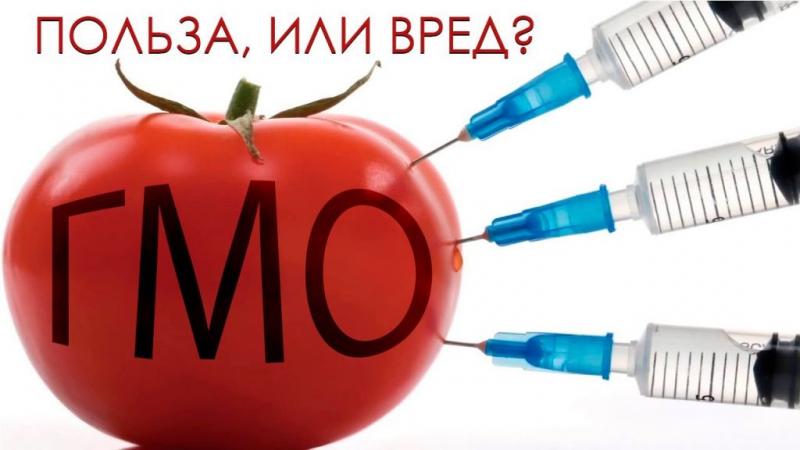
Modern vegetable and fruit stalls in supermarkets and markets have long ago turned into a beauty fair. One cannot take one's eyes off perfect, flawless apples, tomatoes, bright peppers, grapes or unbelievably sized strawberries. Their taste is another matter, but the impeccable appearance raises a lot of questions. How was it possible to grow such a miracle and why these vegetables and fruits do not rot, are not covered with mold or even shrivel for a long time? Some attribute it to the use of genetically modified organisms. Another group of people deliberately refuse to eat such perfect fruits and vegetables, preferring locally grown fruits and vegetables.
It has been many years since the acronym GMO entered the Kazakhstani people's everyday life. But it still scares many people. What is GMO? And whether their use is so dangerous for human life from the point of view of experts? Do our farmers grow GMO products in the fields? Experts from the Kazakh Academy of Nutrition helped World of NAN to understand this question.
What is GMO?
First of all, let's define what GMO stands for. A genetically modified organism is an organism whose genotype has been artificially altered by genetic engineering methods, the network of such changes would be naturally impossible. These methods can be applied to plants, animals and microorganisms. GMOs are mainly used in medicine and the food industry in the cultivation of fruits and vegetables. Why? Because the use of GMOs greatly accelerates the ripening of crops, the change in the genotype of fruits and vegetables makes them resistant to diseases, pests and even resistant to weather changes. Products last longer and have a pleasing appearance. To obtain a crop with a high yield, farmers no longer need to breed a particular variety for years, just resort to genetic engineering.
Is the import of GMO products allowed in Kazakhstan?
It is officially allowed to import products containing GMOs into the country only after their state registration and compliance with the rules. This is availability of appropriate document (Certificate of State Registration of the Customs Union) for products obtained with the use of GMO, confirming their safety. GMO content in food products should not exceed 0.9%.
Ensuring the safety of the import of products containing GMO
For products containing GMO, the appropriate laboratory studies, expert opinion, scientific justification, etc. are conducted. Only after a positive decision on the part of experts a certificate of state registration is issued. In Kazakhstan, the requirements to turnover of genetically modified organisms, their quantitative content in food products with a norm of no more than 0.9% are fixed. Research on the presence of GMO insert is carried out by polymerase chain reaction in real time in accordance with approved standards.
What body is responsible for the registration of imported products?
As noted in the Academy of Nutrition, the state registration of GMOs is carried out by the Committee of Sanitary and Epidemiological Control of the Ministry of Health of the Republic of Kazakhstan. GMOs produced (manufactured) and imported (imported) into the country for the first time are subject to state registration. The Register of registered GMOs is maintained by the Public Health Protection Committee of the Ministry of Health of the Republic of Kazakhstan.
Health Risks
GMO lines registered in the international registry, according to the Academy of Nutrition experts, have passed all testing procedures and are officially recognized as safe for health. In 2016, the most extensive study on the effects of GMOs on human health was published, including the results of more than 900 scientific articles over the past 30 years. A committee of 50 scientists and specialists reviewed the articles over two years. The study was peer-reviewed by 26 independent experts. The results of the study showed no correlation between the use of GMOs and the development of various diseases (diabetes, cancer, obesity, etc.), about which there has been much debate.
Is the production of GMO products allowed in our country? Sowing genetically modified plants in agriculture?
Kazakhstan has ratified the Cartagena Protocol. This is an international agreement on the measures and procedures necessary for the safe movement across national borders, and the processing and application of modern biotechnology products. As of today, officially fruits and vegetables with GMO are not imported into Kazakhstan. However, specialists of the Academy of Nutrition admit that in the markets of the country there are often products, especially fruits and vegetables, from China, which are GMO products. And regarding the grain grown in the fields of Kazakhstan, experts cannot confidently say that it is not genetically modified, as domestic farmers often buy seeds abroad. In this regard, it should be noted that foreign countries are actively switching to GMO seeds, the benefits of which we mentioned at the beginning of the article.
"Contains GMOs"
As the Academy of Nutrition told us, the regulation of GMO products in Kazakhstan is so far limited to labeling only. All products containing GMOs above 0.9% are subject to mandatory "contains GMO" labeling. And if someone wants to bring genetically modified organisms, or food products using genetic modification into the republic, their products must pass the stipulated procedure. But as practice shows, many still manage to bypass controls and put goods of dubious origin on the shelves.
WHO position
The World Health Organization, after reviewing the test protocols for GMO foods, has officially stated that no human health effects of GMO elements have been detected following the consumption of such food by the general public in countries where GMOs are approved. The WHO emphasizes that each product is rigorously tested for safety for humans, and the relevant authorities monitor the product even after approval, to eliminate risks as time passes.
Now GMO fruits and vegetables have taken over the world. Leading crop producers, such as the USA, Canada, India, China, Brazil, are increasingly devoting more land to growing GMO corn, soybeans, cotton, rice, beets, potatoes and several other crops. While opponents of GMOs are still trying to prove their harm, supporters believe that genetic engineering will allow farmers around the world to prevent crop failures associated with climate, pests, increase shelf life of products and profitability of agrarians.
Meanwhile, experts of the Kazakh Academy of Nutrition are confident that Kazakhstan, ranking ninth in the world by area, has the potential of an agricultural sector capable of feeding one billion people with environmentally friendly GMO-free products.







































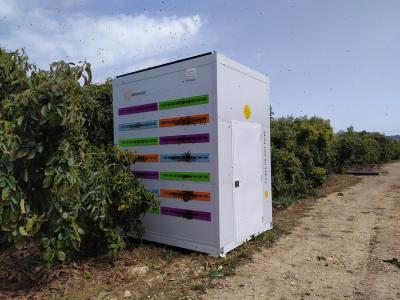
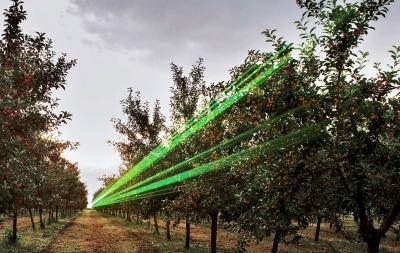
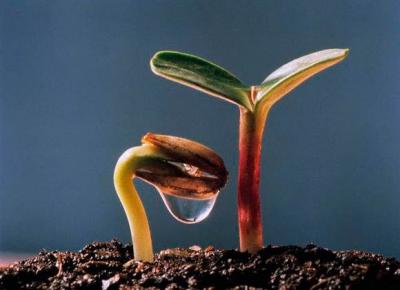
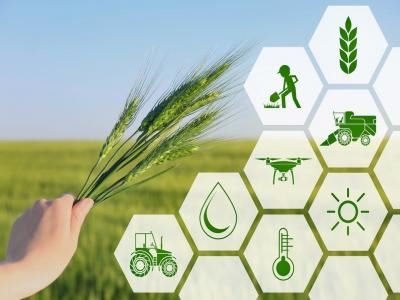



Обсуждение